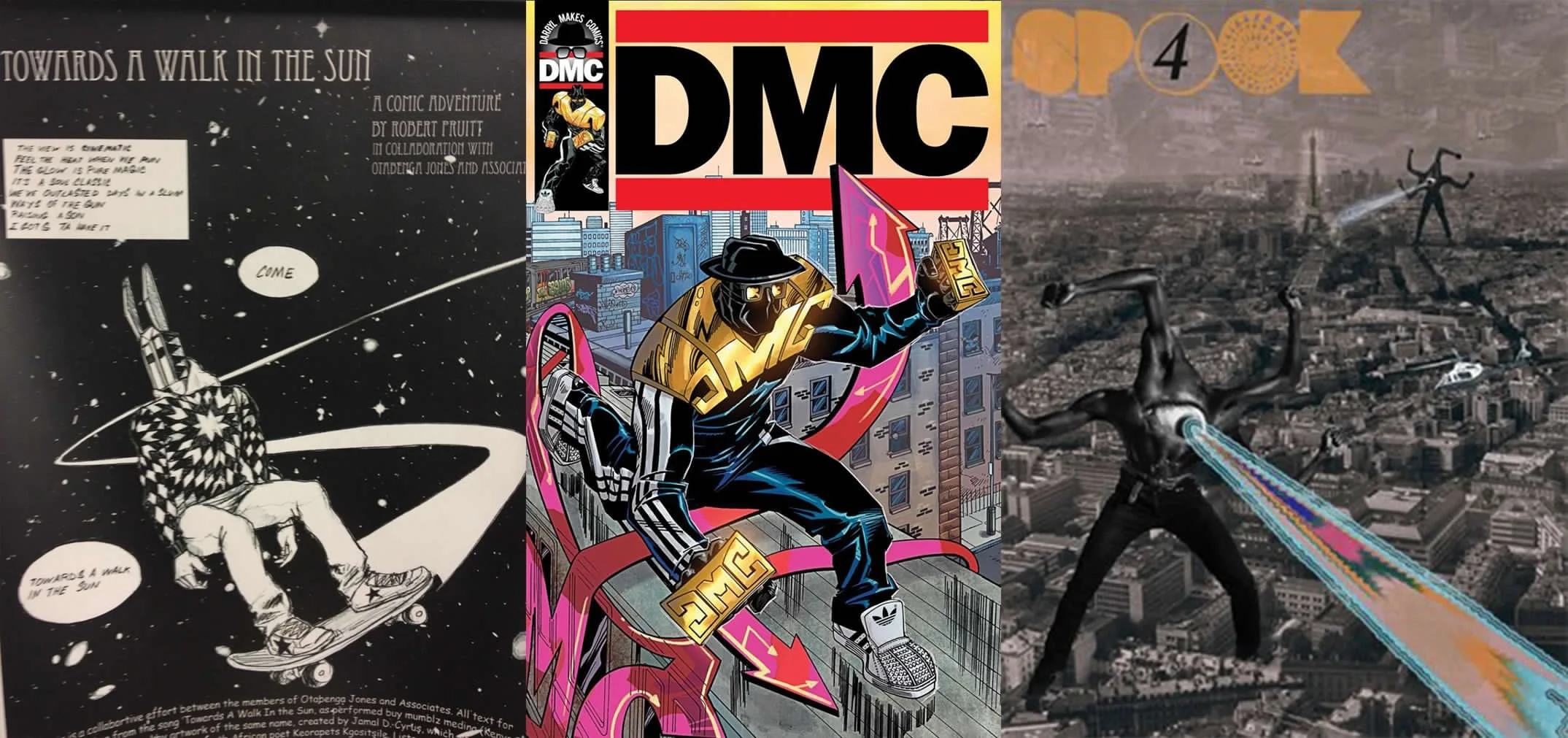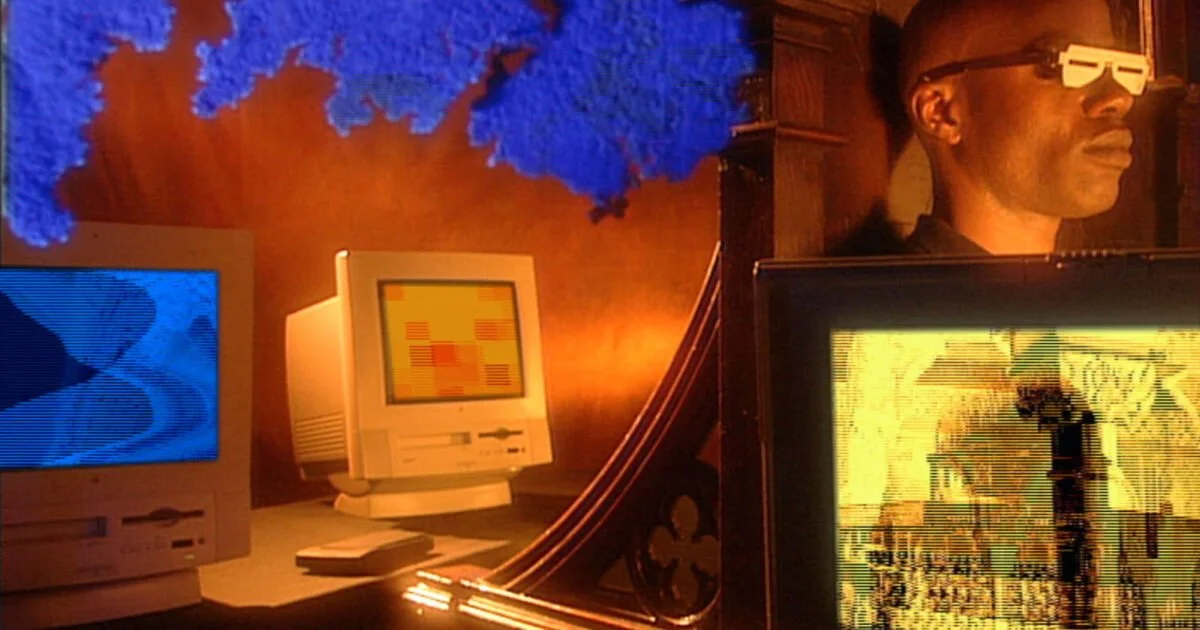Afro-futurism & Technoculture
Afro-futurism is an artistic and intellectual movement that envisions a world in which individuals of African heritage are equally represented and fully assimilated. It is a genre that highlights black innovation and culture while employing science fiction, fantasy, and other speculative fiction genres to investigate the social and political concerns affecting African heritage people. In contrast to the historical and systematic oppression that black people have endured throughout history, Afro-futurism aims to develop a different vision of the future.
"Space Is the Place" is a perfect example of the Afrofuturist movement. The movie is a potent representation of black identity and liberation, using science fiction and jazz music to tell a story of a fantastical but firmly rooted black experience. The protagonist, Sun Ra, stands for the black imagination and the ability of creativity to defeat injustice. His trip from Saturn to Earth is a metaphor for the diaspora of black people and the enduring battle for freedom.
The movie also questions the conventional portrayal of black people in science fiction and fantasy. Black people frequently play clichéd or secondary parts, such as sidekicks or villains, in many speculative fiction works. "Space Is the Place" subverts these expectations by placing a black man at the center of the story and presenting him as a powerful, otherworldly figure. Sun Ra's music is a form of resistance that challenges the dominant culture and empowers black people to imagine a different future.
“The notion of Afro-futrism gives rise to a troubling antinomy: Can a community whose past has been deliberately rubbed out, and whose energies have subsequently been consumed by the search for legible traces of its history, imagine possible futures?” - Black to the Future
In his essay "Black to the Future," Mark Dery examines the idea of afrofuturism and how it affects how we perceive black culture and identity. The essay makes the case that Afrofuturism, which integrates mythology, science fiction, and African American culture, offers a potent means of imagining and constructing a new future for people of color.
At the heart of Dery's argument is the idea that black people have been excluded from mainstream visions of the future. Science fiction, in particular, has traditionally presented a very white and Western vision of the future, one that erases the experiences and contributions of people of color. At the heart of Dery's argument is the idea that black people have been excluded from mainstream visions of the future. Science fiction, in particular, has traditionally presented a very white and Western vision of the future, one that erases the experiences and contributions of people of color.
Dery's key contention is that black people have been left out of mainstream future projections. Particularly in science fiction, a highly white and Western image of the future has typically been presented, erasing the experiences and contributions of people of color. Dery's key contention is that black people have been left out of mainstream future projections. Particularly in science fiction, a highly white and Western image of the future has typically been presented, erasing the experiences and contributions of people of color.
The idea of "technoculture," or the fusion of technology and culture, is another key issue in the essay. Dery contends that afrofuturism offers a means of imagining a time in which technology serves as an instrument of emancipation as well as an oppressive one. As we struggle to understand how technology is changing our society and culture, this thought is especially pertinent today.
The Last Angel of History's peculiar editing and composition are among its most noticeable characteristics. Collage, animation, and historical video are just a few of the techniques the film employs to produce a multi-layered visual narrative that is both hypnotic and thought-provoking. The film uses music videos and found material to create an immersive experience that engages the audience on many different levels. It also includes interviews with musicians, authors, and academics. By developing a new mythology that is based on the experiences of individuals of African origin, it aims to reimagine the future. A prime example of this type of work is The Last Angel of History, which examines the ways in which African American culture has used technology to break free from the confines of the past and forge fresh perspectives on the future.


